Welcome to 2023, a world where crisis and instability have become the new normal! Where the economic, political and societal dogmas of the last fifty years seem to be challenged one after the other. A world where corporate stakeholders are now permanently "interconnected ecosystems", questioning all forms of truth...
In this uncertain world (climate change, multi-scalar wars and conflicts, pandemics, etc.), building and maintaining relationships of trust is becoming more difficult than ever. Every action, every word spoken by the company runs the risk of being scrutinized, criticized, contested, relayed in a click, or even distorted.
Who would have thought, just a few months ago, that an industrial presence in Russia would become a crime, or that getting employees to (re)come to the office would become a challenge? In this environment, how can you be heard, how can you win over employees and customers alike, and, more broadly, all the publics with whom your company interacts?
The prevailing complexity now requires companies to define and control their communications as they are: a major strategic axis. Think of the Balenciaga crisis management (the #CancelBalenciaga reached over 25 million views following its advertising campaign featuring children), the health crisis involving Buitoni pizzas contaminated with E. coli, which saw the CEO of Nestlé France wait four months before speaking out, or Ferrero accused of managing the salmonella crisis in its Kinders too late... Poor or late communication can have dramatic reputational and commercial consequences.
Thinking about communication in an impermanent world means first and foremost understanding your environment and the interactions between your multiple and - this is the great novelty of the beginning of this century - deeply interconnected publics: customers, employees, influencers, activists, shareholders... they all talk to each other, challenge each other, and increasingly distrust the company, even to the point of questioning the legitimacy of its very existence.
Communicating in 2023 means demonstrating a company's uniqueness, its authenticity, what makes it unique, what we today call its raison d'être. It's about taking an interest in the issues facing our societies, and showing how we intend to make a concrete contribution to them. After all, all communications must demonstrate the company's action to move the world in the right direction. Above all, it's about resonating and creating proximity with our audiences by identifying what resonates with their personal interests, so as to be heard and recognized in a cacophonous public space.
While it remains the absolute reference, Aristotle's rhetorical triptych of ethos, logos and pathos is now leaning more towards the latter. For, in a world without stable reference points, it is the reference to values that enables the audience to identify with the speaker's arguments. Whether we deplore it or welcome it, from now on, it's by appealing to the emotions, sympathy and imagination of its audiences, rather than by logical reasoning, that the company will be able to win them over to its side and try to turn them into allies.
However, creating a link with your ecosystem should never lead to insincerity or lack of moderation. For, in a society overexposed to the rabid hordes on social networks, both are a recipe for crisis.
We must never forget that, as Simone Weil says, " the virtue of humility is nothing other than the power of attention ".
Jean-Baptiste Arricatconsultant & Charlotte Bourgeois-Cleary, associate
